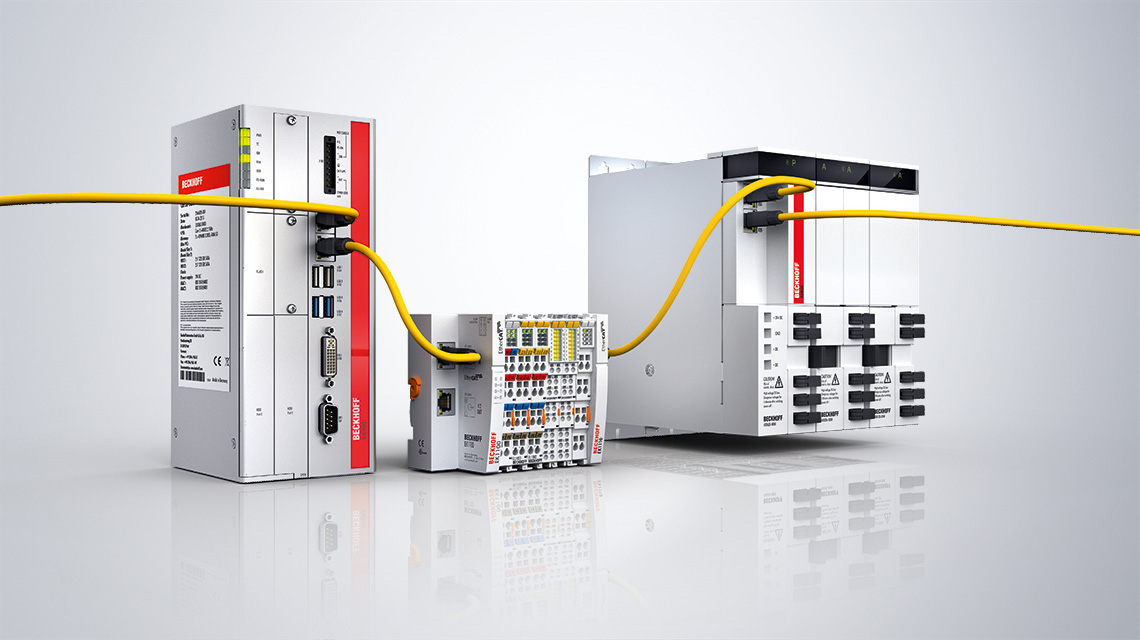Posted on 22nd Dec 2023

In the water industry, automated systems are essential for managing various processes such as water treatment, distribution, and wastewater management. Inverter drives, also known as variable frequency drives (VFDs) or variable speed drives (VSDs), can significantly contribute to making these automated systems more efficient. Darwin Motion share several ways in which inverter drives enhance efficiency in the water industry:
Variable Speed Operation: Inverter drives allow pumps and motors to operate at variable speeds rather than constant speeds. This means that equipment can run at the optimal speed required for the current demand, reducing energy consumption during periods of low demand.
Soft Start/Stop: Inverter drives enable smooth and gradual starting and stopping of motors, eliminating the need for abrupt and energy-intensive starts and stops. This reduces stress on the equipment and minimizes energy spikes.
Flow Control: Inverter drives provide precise control over flow rates, enabling better management of water distribution and treatment processes. This ensures that the right amount of water is delivered or treated based on demand, improving overall system efficiency.
Pressure Control: Inverter drives can regulate pump speed to maintain consistent pressure levels in water distribution systems. This prevents over-pressurization, leaks, and bursts, resulting in energy savings and reduced maintenance.
Mechanical Protection: The soft start/stop functionality and the ability to control acceleration and deceleration reduce mechanical stress on pumps and other equipment. This leads to extended equipment life, lower maintenance costs, and increased reliability.
Precise Process Control: Inverter drives allow for precise control of chemical dosing pumps and other components involved in water treatment processes. This ensures that the right amount of chemicals is added at the right time, improving water quality and reducing waste.
Integration with SCADA Systems: Inverter drives can be integrated into Supervisory Control and Data Acquisition (SCADA) systems, allowing for centralized monitoring and control. Operators can remotely adjust settings, monitor performance, and troubleshoot issues, leading to faster response times and more efficient system management.
Adaptive Operation: Inverter drives enable systems to adapt to changing conditions and demands, helping water treatment plants comply with regulatory requirements. By adjusting operation parameters in real-time, plants can optimize efficiency while meeting environmental standards.
In summary, Darwin Motion inverter drives such as Micro Drive- Matrix 900, DR Matrix 350 / Solar Drive, High Frequency Drive - DR Matrix 500, High Performance Drive - DR Matrix 680, Regenerative Drive - DR Matrix 880 play a crucial role in enhancing the efficiency of automated systems in the water industry by optimizing energy consumption, improving process control, reducing mechanical stress, and facilitating remote monitoring and control. These benefits contribute to cost savings, increased reliability, and compliance with regulatory standards.